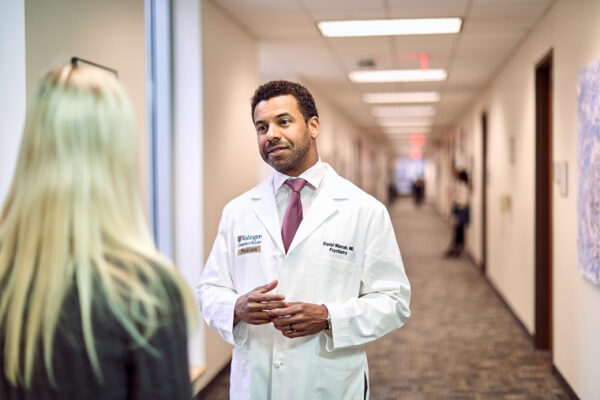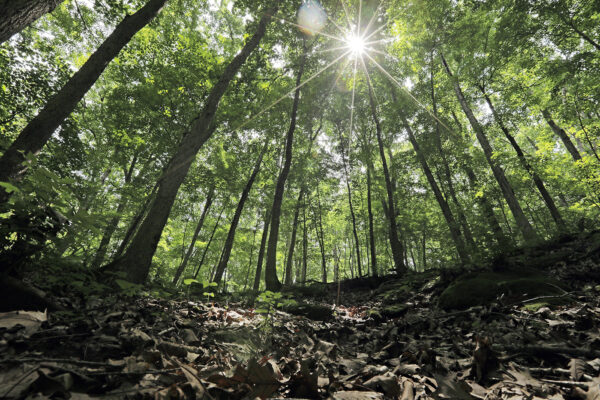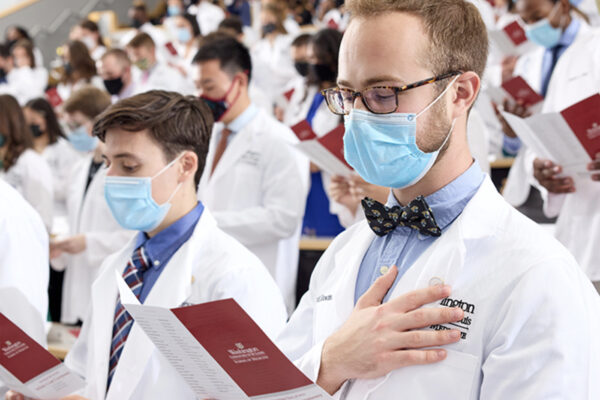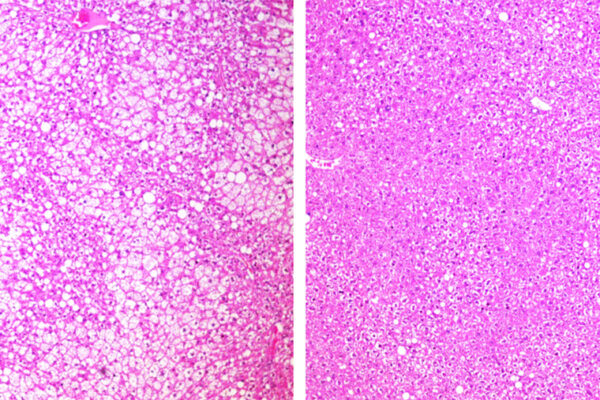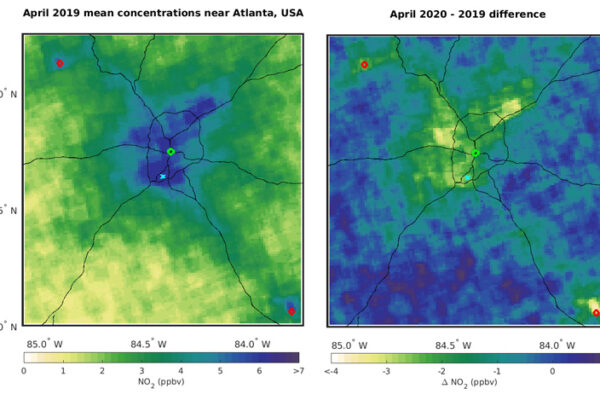Sam Fox School announces spring Public Lecture Series
Barcelona collaborative H ARQUITECTES will launch the Sam Fox School’s spring Public Lecture Series Feb. 3. In all, the series will feature 18 talks by nationally and internationally renowned figures, from architects Tatiana Bilbao and Thomas Phifer to artists Maya Muchawsky Parnas and Chitra Ganesh.
AAAS names eight Washington University faculty as 2021 fellows
Eight faculty members at Washington University are among 564 new fellows selected by the American Association for the Advancement of Science: Leonard Green, Elizabeth S. Haswell, Sophia E. Hayes, Erik Herzog, Mark A. McDaniel, Jay W. Ponder, Crickette Sanz and Pamela K. Woodard.
WashU part of $65 million NIH study of schizophrenia in young people
Washington University School of Medicine is part of a major international study aimed at identifying causes and effects of the early stages of schizophrenia in young people, with the goal of improving early diagnosis and treatment. Daniel Mamah, MD, is the lead investigator at the WashU site.
The great tree migration
A new study co-authored by biologist Jonathan Myers in Arts & Sciences provides key insights into how and why tree populations migrate in response to climate change. The research was published in the Proceedings of the National Academy of Sciences.
Isolation masks now recommended
Steven Lawrence, MD, an infectious disease specialist at the School of Medicine, explains how proper masking, along with vaccines and daily self-screening, help protect the WashU community. The university now recommends people wear isolation masks.
Study highlights opportunities to improve health outcomes for non-English speakers
A survey of health-care providers reveals challenges communicating and sharing information about COVID-19 with patients whose primary language in not English.
Tug of sun, moon could be driving plate motions on ‘imbalanced’ Earth
A new analysis led by geophysicist Anne M. Hofmeister in Arts & Sciences provides an alternative to the mantle convection hypothesis. The study is published in a special paper of the Geological Society of America.
Drug mimics beneficial effects of fasting in mice
An investigational cancer drug that starves tumors of their energy supply also shows evidence of improving whole body metabolism, according to a new study in mice from Washington University School of Medicine.
Lockdown drove pollution changes between – even within – cities
For the first time, researchers can infer levels of nitrogen dioxide on scales as small as a square kilometer thanks to a new method developed in the lab of Randall Martin.
‘Infrastructural Optimism’
In cynical times, optimism gets a bad rap. But in her new book “Infrastructural Optimism,” Linda C. Samuels argues that optimism is not simply a reflexive emotional state, but a critical driver of public investment, societal progress and — perhaps — democracy itself.
View More Stories


